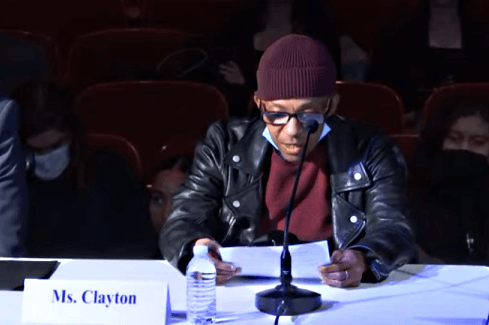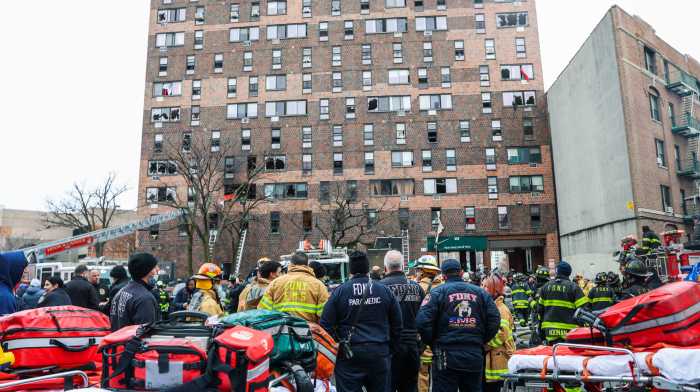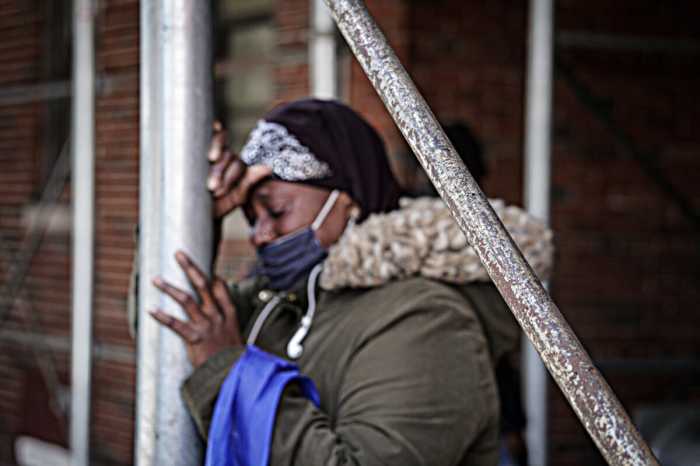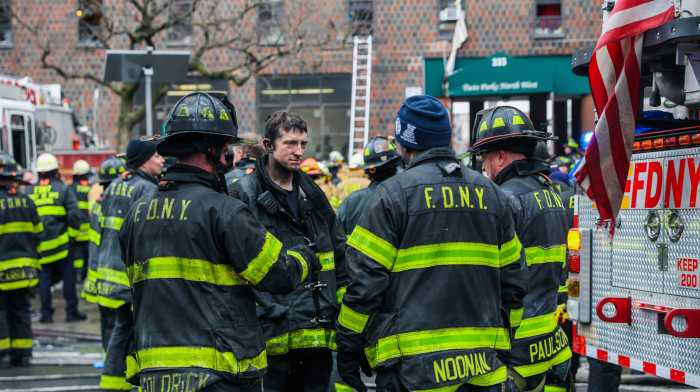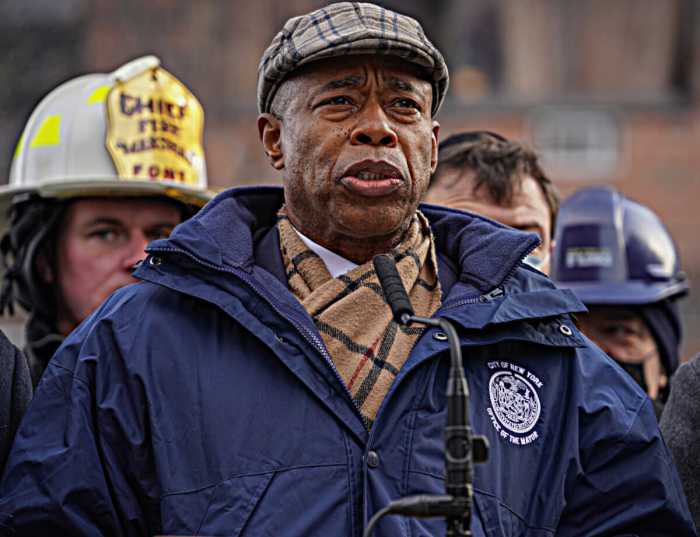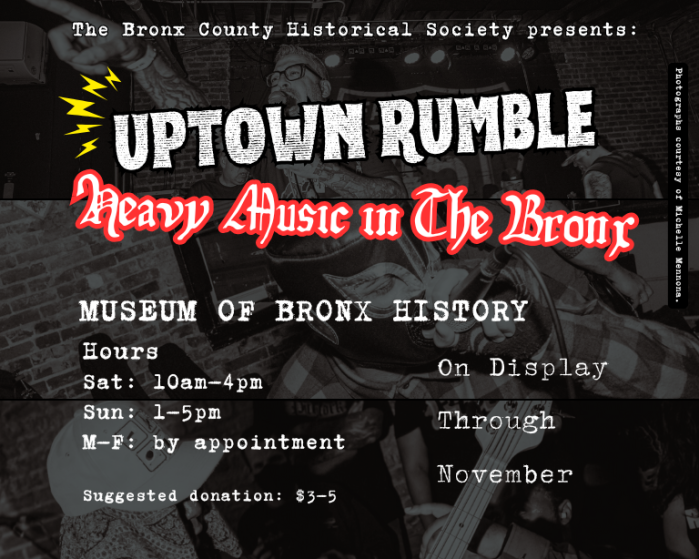As Sandra Clayton sat under the spotlight of a Wednesday noontime congressional hearing on efforts to improve fire safety in federally-assisted housing more than three months after the Jan. 9 Twin Parks North West building fire, she recounted how her life and the life of her fellow Fordham Heights tenants changed forever that day.
In the Bronx’s deadliest fire in three decades where 17 perished — and more than 140 families were unhoused with some still in need of long-term assistance from the city — Clayton watched her then-girlfriend and others require assistance to breathe, lost her beloved dog, and is still dealing with the trauma associated with the fire.
“I watched people who were being resuscitated and were not responding. My ex-girlfriend had tubes down her throat for a week,” Clayton said as she recounted the horrors of that tragic Sunday. “I’m thankful I made it out alive, but I am sad for those who didn’t.”
The events of Jan. 9 were both “unacceptable and preventable” according to Missouri Rep. Emanuel Cleaver, a Democrat who chairs the House subcommittee on Housing, Community Development and Insurance.
At the time of the Twin Parks fire, the 52-year-old building had been flagged with 18 open violations and 174 total violations since new the ownership consortium Bronx Park Phase III Preservation LLC had taken over in 2020, records filed with the city Department of Housing Preservation and Development (HPD) show.
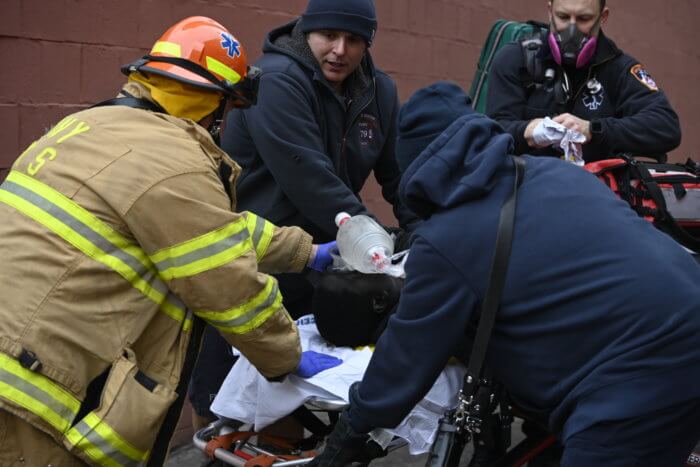
“Management thought because we were low-income they can treat us poorly,” said Clayton during her testimony in the auditorium at Bronx Community College Wednesday. “I want Congress to take action to keep our buildings safe and it should not take a tragedy before people get serious about the conditions of these (city) buildings.”
Clayton, who has since found new housing and feels safer, recounted how before the Jan. 9 fire there were hot water and heat issues that had not be addressed at Twin Parks, and that the building’s front doors and fire alarms were “not working and not operational.”
And while Clayton’s new residence has better and more reliable hot water and heat than at Twin Parks, life after the fire still involves anxieties such as a continual trepidation that she may need to evacuate her apartment in fear of another fire.
In the aftermath of the blaze, Bronx pols on the federal and local levels have pushed for policies to prevent another Twin Parks fire from happening again.
Rep. Ritchie Torres has advocated for space heaters to be manufactured to shut off on their own in the Safer Heat Act, and a joint effort by Bronx Borough President Vanessa Gibson and Fordham Heights Councilmember Oswald Feliz includes a package of legislation that would tighten definitions of “self-closing door”; set minimum temperatures buildings would be required to maintain; require all electric space heaters for sale in the city to be equipped with a thermostat and an automatic shutoff feature; and provide for additional fire safety education and outreach.
“The catastrophic fire was as preventable as it was tragic,” Torres told the Bronx Times following Wednesday’s more than two-hour meeting. “There are measures we can take to make sure that lives are being saved to prevent what happened to the people that lived in Twin Parks North.”
Torres told the Bronx Times that one of his takeaway’s from Wednesday’s hearing was how “siloed” the pathwork for city inspectors are — noting the federal government needs to create a way for inspectors and tenants to better consolidate building mismaintence and safety concerns.
Hoping to prevent large-scale apartment fires like the one in Fordham Heights, Mayor Eric Adams signed an executive order on March 20 to increase coordination between fire officials and HPD inspectors to identify fire safety violations earlier.
The executive order mandates that HPD inspectors look for fire safety compliance and report lack of fire safety signage to the FNDY, in addition to providing the department with all fire safety violations since January 2021, facilitating more FDNY inspections for buildings with high violations.
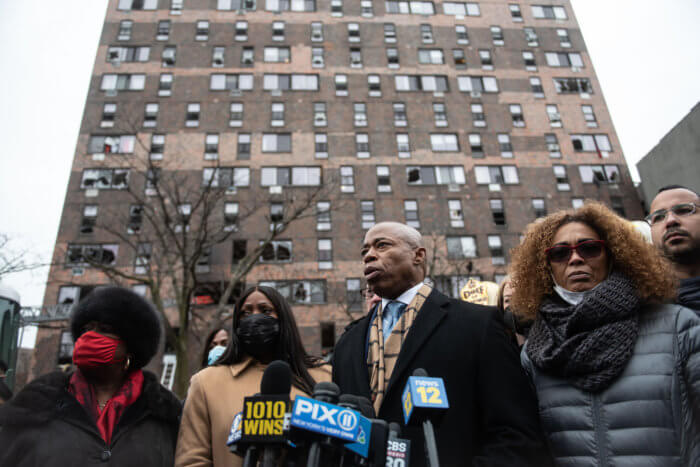
All the victims in the 19-story apartment building fire, including 8 children, were determined to have died from smoke inhalation. Four lawsuits have already been filed against the building’s property owners — a consortium that includes Belveron Partners, the LIHC Investment Group and The Camber Property Group.
At the congressional hearing, Gibson said the road to recovery for Twin Parks has been “long and burdensome” and timelines for relocation and other long-term assistance — which is on a case-by-case basis the mayor’s office says — have been extended due to current housing issues and limited federal vouchers.
HPD officials told the Bronx Times in March that they issued at least two violation notices for faulty self-closing doors at the property in 2017 and 2019, but no self-closing door infractions had been issued to the high-rise since those violations were corrected. HPD conducts Federal Housing Quality Standards inspections at the development for the two apartment buildings that house families with HCVs, most recently in March 2021, but reports that no self closing door violations were issued as a result of the most recent inspection, they say.
More than 22,000 self-closing door violation notices were issued throughout New York City for other properties in the 2021 fiscal year.
On April 6 at a City Council meeting, Councilmember Feliz said the Twin Park fire was preventable if proper protocols had been in place, following an April 6 joint City Council committee meeting.
Federal law does not limit the ability of local jurisdictions to implement or enforce more stringent laws or standards related to fire prevention and safety. As it stands, self-closing doors are required in all residential buildings in New York City as part of the New York City Housing Maintenance Code.
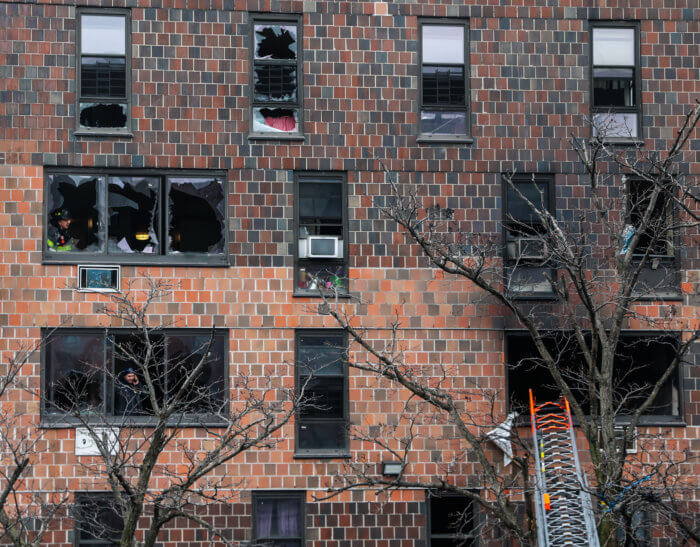
The fire in the Bronx occurred within a week of a separate fire in public housing that occurred in Philadelphia, Pennsylvania, on Jan. 4, and claimed the lives of 12 residents, 8 of whom were children. The property received a failing Real Estate Assessment Center (REAC) score in its last inspection in 2017.
A subsequent investigation by the Philadelphia Fire Department, working in collaboration with other federal and local agencies, identified fire safety concerns including non-functioning smoke alarms in the unit where the fire occurred. There were no sprinklers in the units, which are not required under federal law due to the building pre-dating The Fire Administration Authorization Act of 1992.
Adolfo Carrion, former Bronx borough president and now Department of Housing Preservation and Development commissioner, said NYC’s first response to Twin Parks fire has been to attend to the immediate needs of tenants affected. The Adams appointee also noted that additional federal resources and tools are needed to combat the city’s housing crisis where tenants are either overpaying or being overcrowded in public housing.
Rep. Adriano Espaillat asked — and received little in response from Carrion— if there’s anything the city could do to apply pressure on neglectful landlords who don’t address heat, hot water and temperature concerns from their tenants. The Washington Heights congressman said many tenants rely on space heaters to stay warm during the city’s harsh winter spells, when heat and hot water complaints go unmet.
“It is rampant the number of complaints in NYCHA buildings, rent-stabilized buildings that I hear about the lack of heat on days like (Jan. 9), and I think that’s what’s forcing families to buy those space heaters at the local store,” he said.
In a closed access meeting between city partners and affected tenants of the Twin Parks North West apartments, city agencies revealed that dozens of families were overcrowded or “doubled up” prior to the fire, in audio obtained by the Bronx Times last month.
Reach Robbie Sequeira at rsequeira@schnepsmedia.com or (718) 260-4599. For more coverage, follow us on Twitter, Facebook and Instagram @bronxtimes.

